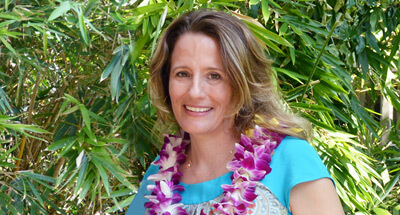
Katherine Irwin
Professor
Office: Saunders 238
Telephone: 1 (808) 956-7257
Email: kirwin@hawaii.edu
Website
Browse My Publications:
Background
I was born and raised in San Francisco, CA, where I attended poorly funded, inner-city public schools. My own experiences in the American public education system have profoundly shaped my current research interests and community-based commitments. In addition, my parents, siblings, and I are committed to a host of justice initiatives, including (but not limited to): providing pathways from prison to higher education; finding effective and humane solutions to drug problems in the US; ending mass incarceration and America’s current imprisonment binge; teaching college courses in American prisons; and restoring the civil rights of formerly incarcerated people.
Education
- PhD, Sociology, University of Colorado at Boulder, 2001
- BA, Sociology, Smith College, Northampton, Massachusetts, 1989
Courses
- SOC 231: Introduction to Juvenile Delinquency
- SOC 335: Survey of Drugs and Society
- SOC 431: Analysis in Criminology/Juvenile Delinquency
- SOC 478: Analysis in Field Research Methods
- SOC 609: Seminar Qualitative Research
- SOC 631: Seminar in Criminology
Research
My work has investigated theoretical questions regarding gender inequalities, intersections of inequalities, and the diffusion of criminal justice punishments to school settings. One question cutting across much of my work is whether so-called general theories of youth violence can explain the motivations underlying and the contexts surrounding girls’ physical aggression. I am exploring the gendered, raced, and classed ways that girls and boys experience multiple types of violence (interpersonal, state, and structural).
Community Engagement
I consider myself to be a scholar-activist, and much of my work includes designing, implementing, and evaluating support programs for high school teens and providing alternatives to punitive interventions for youth. One program, called the “lunch bunch,” is a group support program in school that provides a safe space for teens to talk about the challenges in their lives and provides a dynamic curriculum to assist teens as they explore various solutions to common problems that they confront. I also advocate for alternatives to punitive policies for youth at state and national levels, providing testimony to legislators, media articles, and op-eds.
